Controlling and Eliminating Neglected Tropical Diseases
Controlling and Eliminating Neglected Tropical Diseases
Neglected tropical diseases affect more than a billion people around the world. This diverse group of diseases can cause a host of disabling conditions, such as blindness, painful physical deformities, and worsened undernutrition. In addition to the physical impact of these diseases, the lost economic opportunities and social stigma can be equally devastating.
Despite their impact on people’s health and wellbeing, they are often overshadowed by more deadly diseases, resulting in insufficient investments and funding. Collaborative efforts led by Helen Keller Intl have helped free tens of millions of people from the threat of neglected tropical diseases. But the abrupt termination of funding has put the lives of more than 100 million people at dire risk, potentially backsliding on decades of progress. Without intervention, these diseases may resurge, and millions will face preventable disabilities and lifelong health consequences.
Devastating but Preventable Diseases
Helen Keller Intl focuses on five of these illnesses: trachoma, lymphatic filariasis, schistosomiasis, onchocerciasis (river blindness), and soil-transmitted helminths (intestinal worms). Regular, ongoing mass drug administration, distributing safe and effective treatments to everyone living in affected areas, is the most effective strategy to control and eliminate these historically underfunded diseases.
In 2025, we reached more than 32.3 million people with treatment for at least one disease and were close to eliminating diseases in multiple countries. Yet after US funding cuts, our reach has plummeted to near zero. Now, millions of doses of donated drugs are stuck in warehouses and at risk of expiring. With renewed investments, we can unlock these essential medications to help protect the health of children and families and continue making progress toward a future free of neglected tropical diseases.
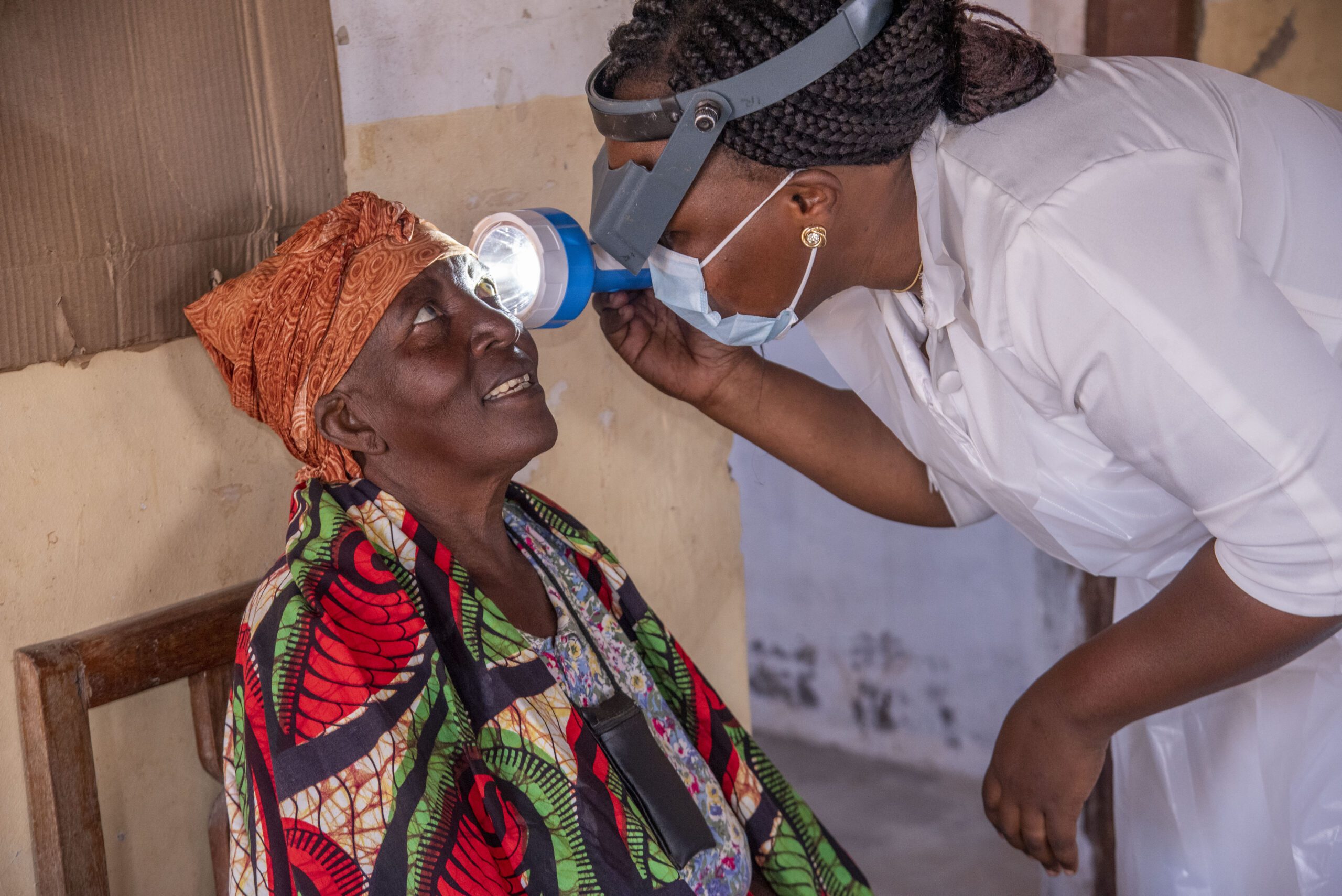
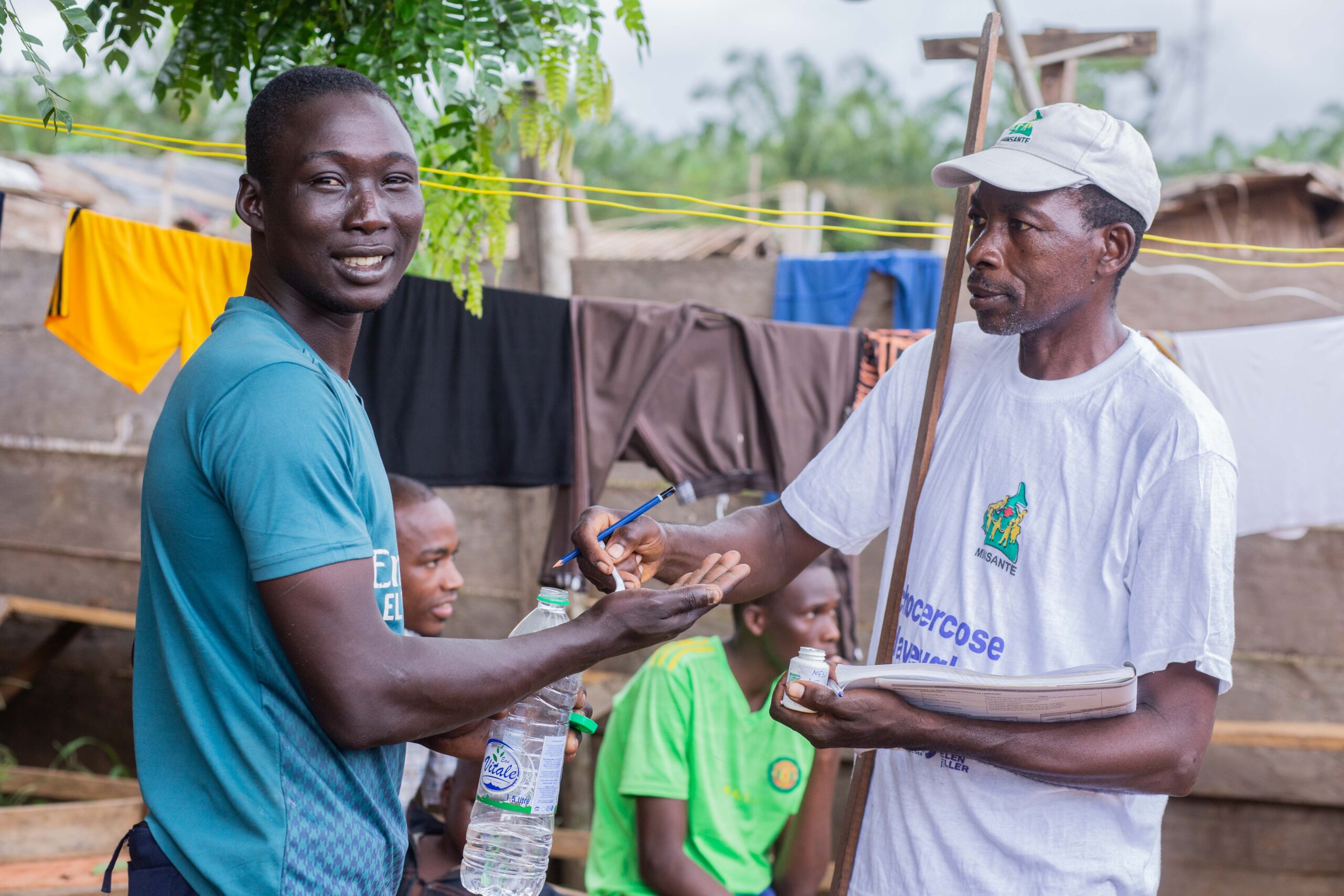
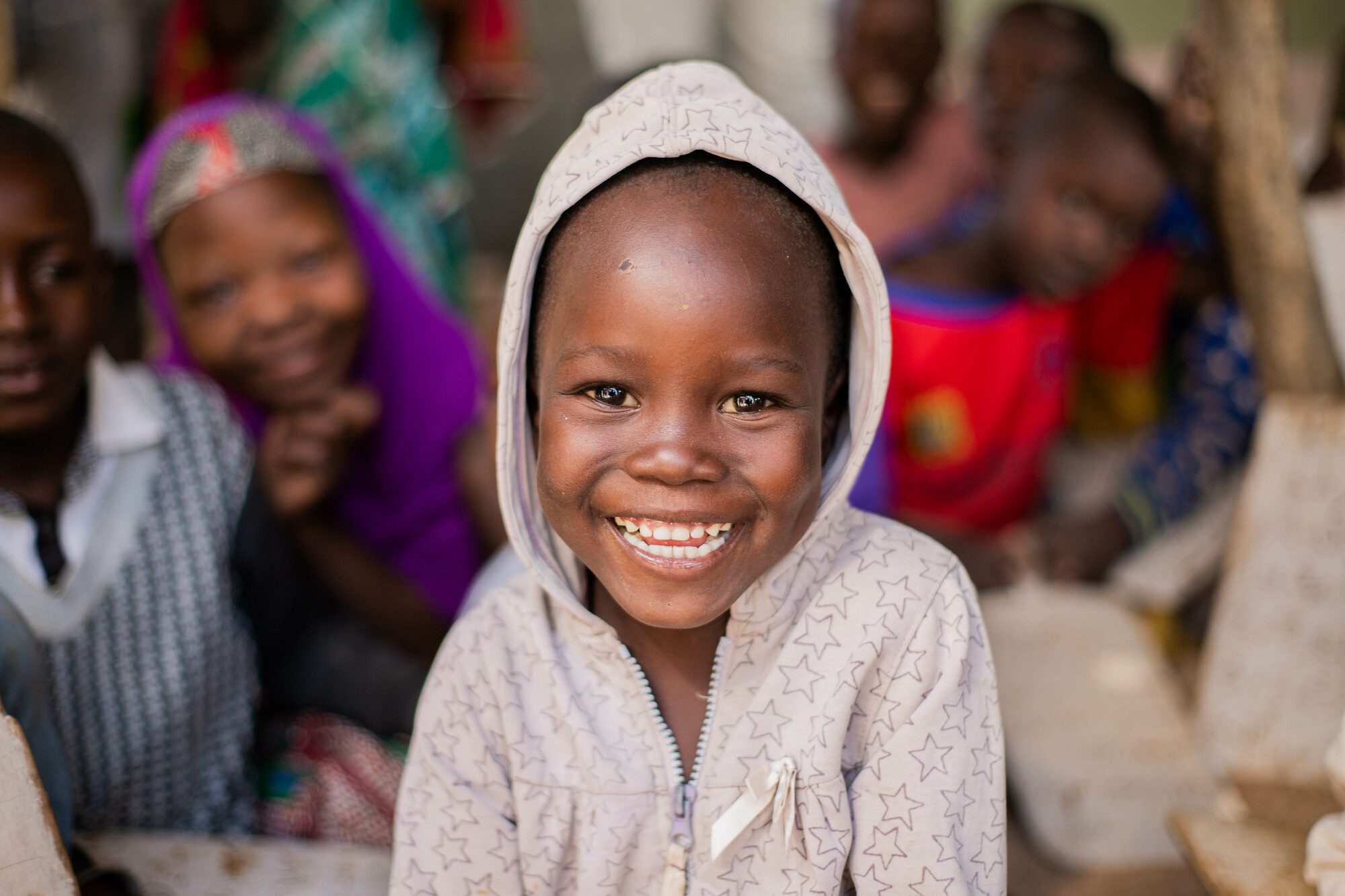
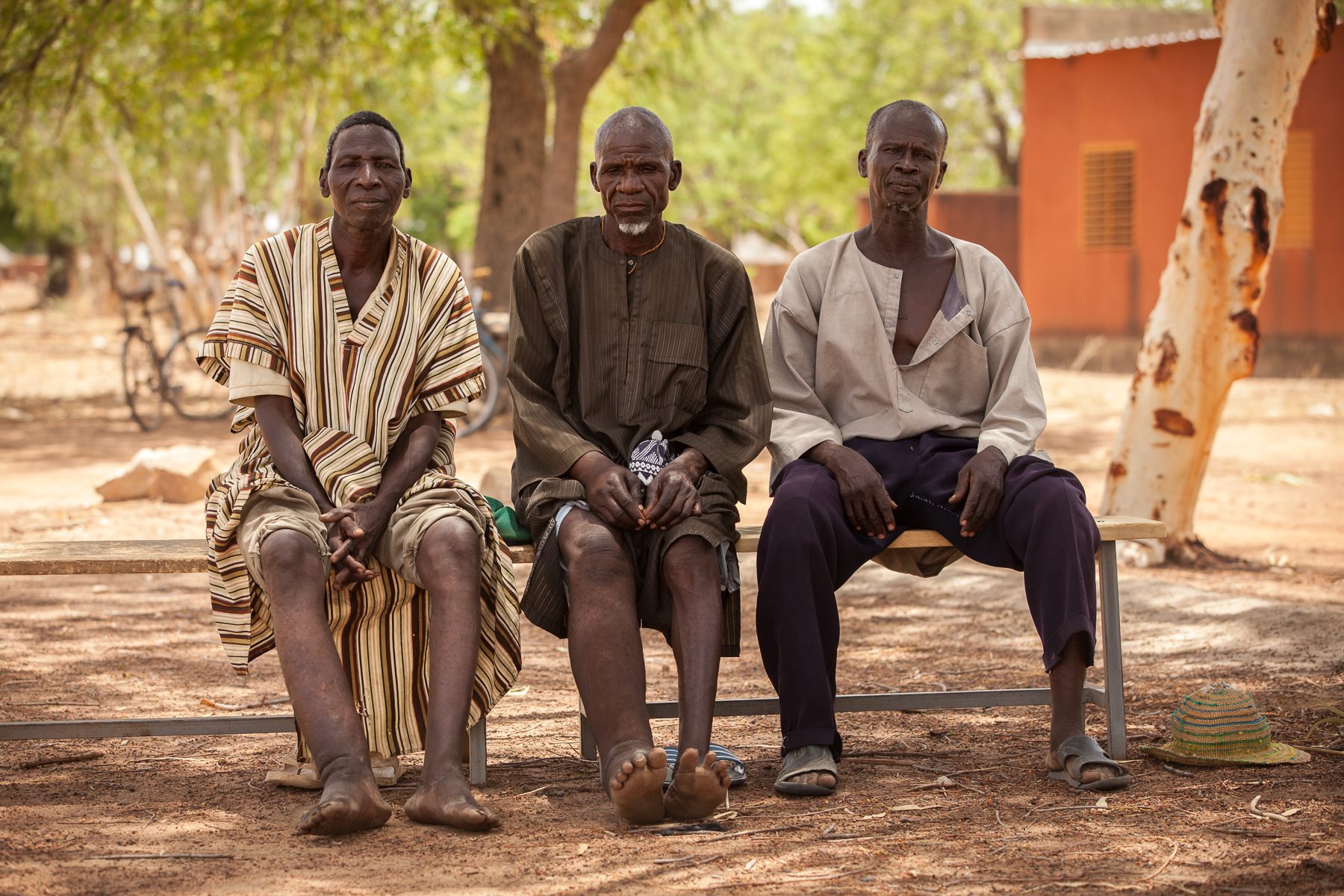
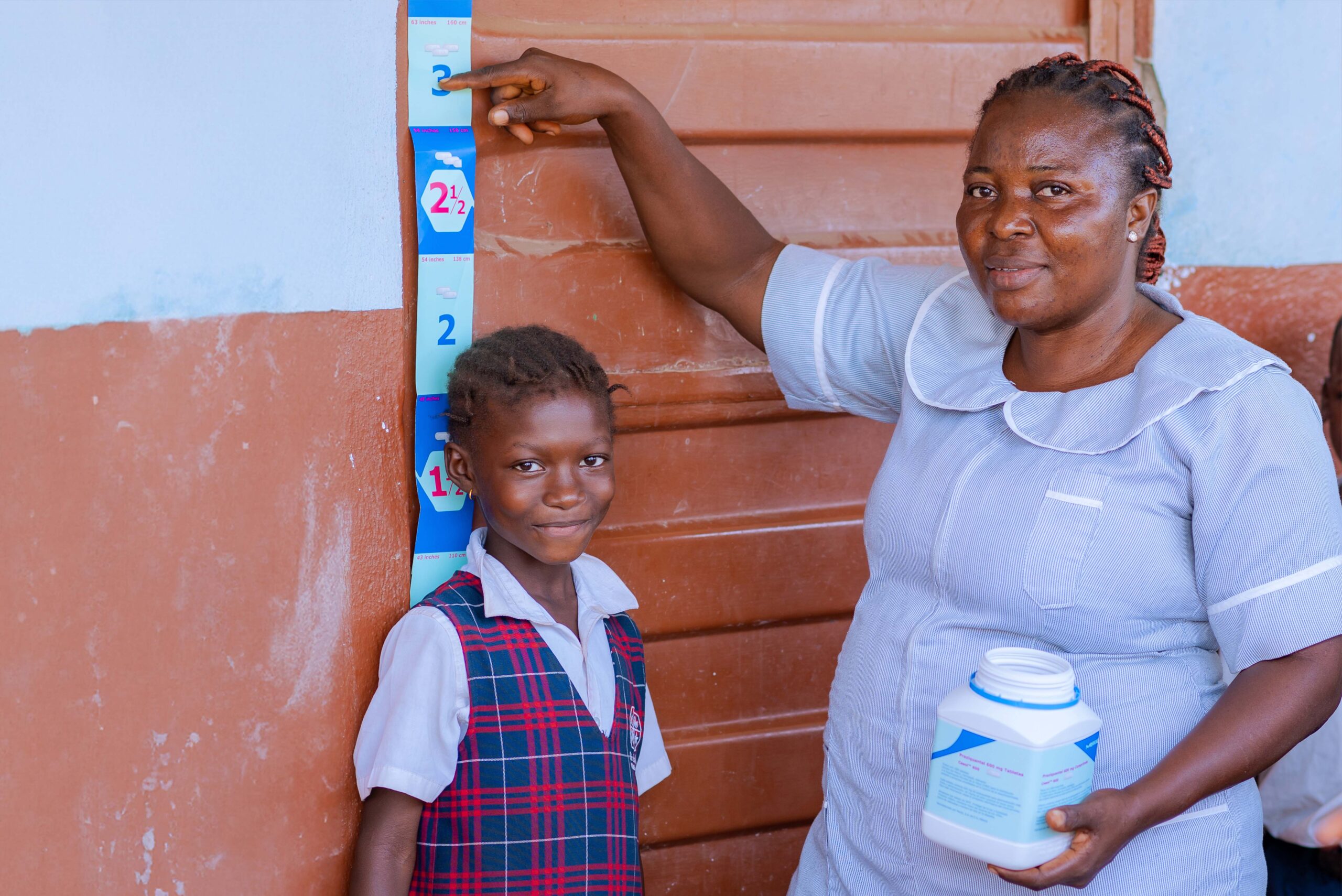
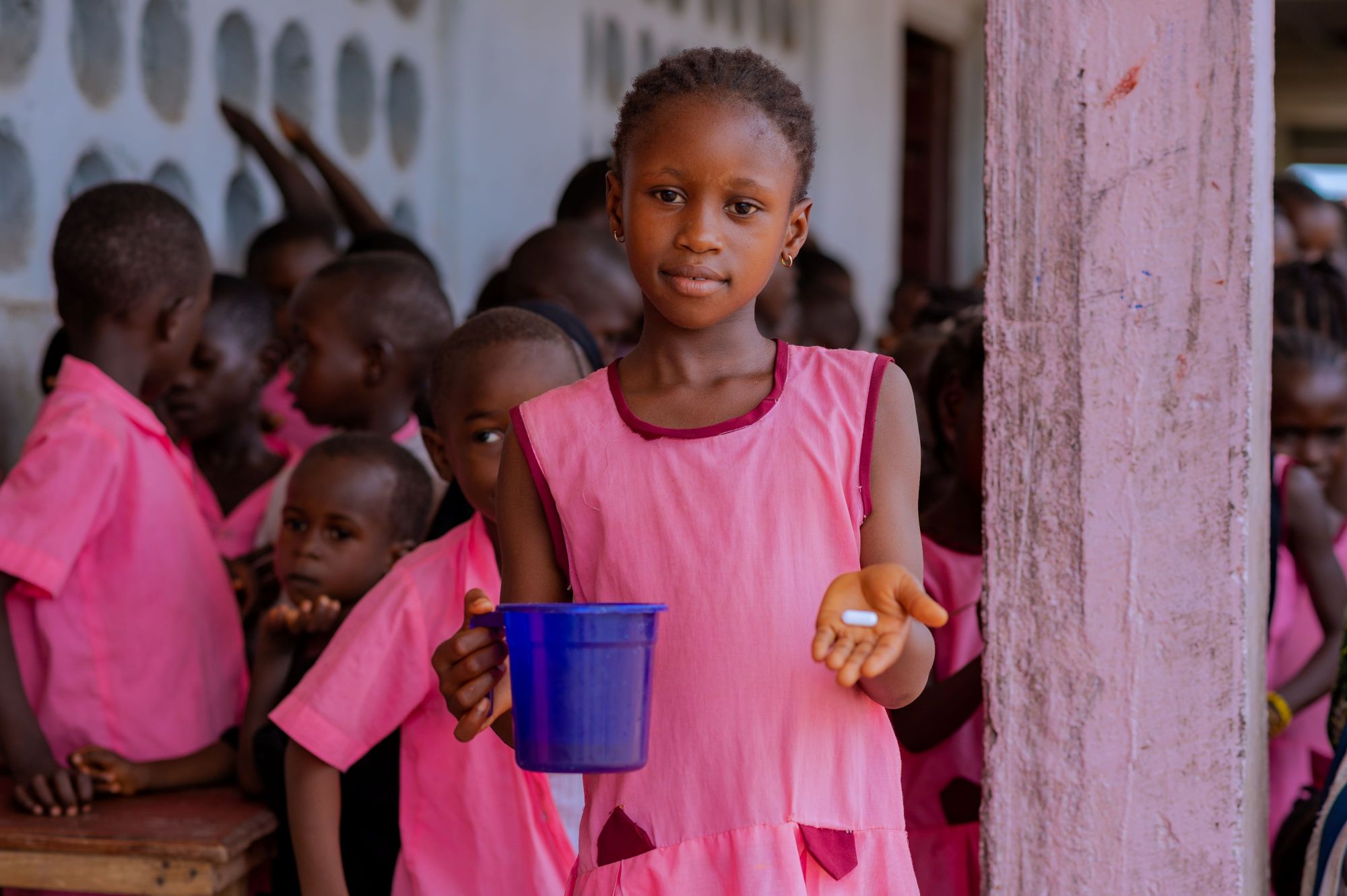
Decades of Experience Combatting Neglected Tropical Diseases
For more than 70 years, Helen Keller has worked hand-in-hand with governments and communities to combat neglected tropical diseases, starting in the 1950s with trachoma. Partnering with Ministries of Health, we help governments conduct mass drug administration campaigns while also integrating disease prevention and treatment into routine care through existing national healthcare systems. For people already affected by these diseases, we help countries develop morbidity management and disability prevention strategies to ensure individuals receive the care they need to overcome the pain and debilitating effects of the diseases so they can reclaim their lives.
Between 2018 and 2025, Helen Keller was the lead implementing partner of USAID’s Act to End Neglected Tropical Diseases (Act | West) Program across six countries in West Africa: Burkina Faso, Cameroon, Guinea, Mali, Niger, and Sierra Leone. Through our work with governments, partners, and communities, we achieved significant milestones in the fight against neglected tropical diseases, including the elimination of trachoma in Mali, with a total of 68 million people no longer at risk of the disease across all six countries, and onchocerciasis in Niger, where more than 3 million people are no longer at risk. With support from the Helen Keller community, we are resuming mass drug administration in these six countries.
We have continued our work supported by the Task Force for Global Health in Niger; the END Fund in Mali, Sierra Leone, and Nigeria; and SightSavers in Tanzania and Nigeria. Additionally, we support deworming for children under five years old through our vitamin A supplementation work in Burkina Faso, Cameroon, Côte d’Ivoire, Democratic Republic of Congo, Guinea, Kenya, Madagascar, Mali, Niger, and Nigeria.
Investing in the Elimination of Disease
After decades of collaborative efforts, we are close to controlling or eliminating many of these diseases in the countries where we work. By continuing to invest in the fight against neglected tropical diseases, we can ensure a healthier future for tens of millions of people.
Disease Control or Elimination Target Dates
Success Stories
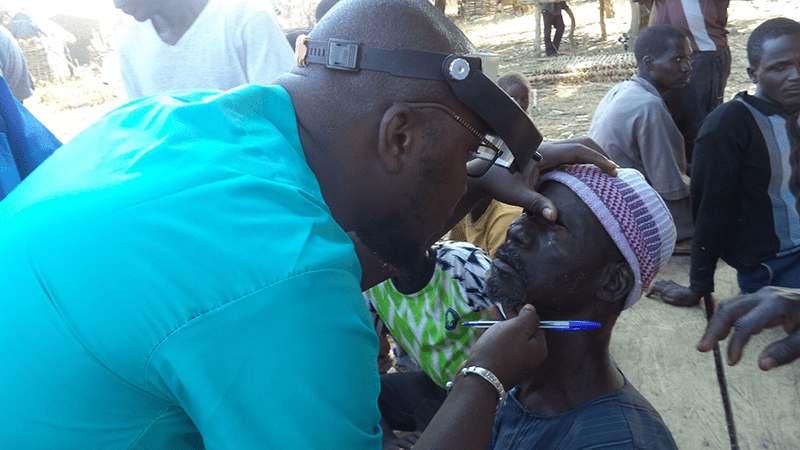
Trachoma Eliminated as a Public Health Problem in Mali
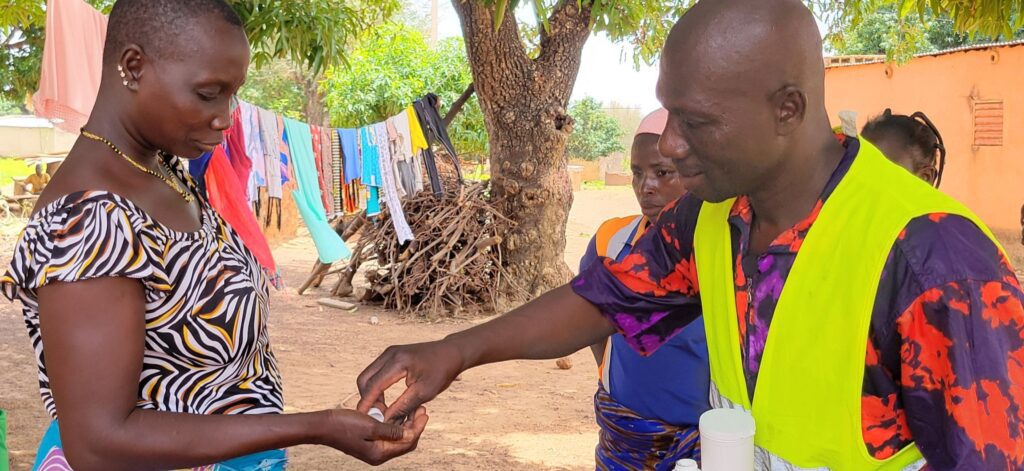
Preventive Medication Helps a Community Stay Healthy
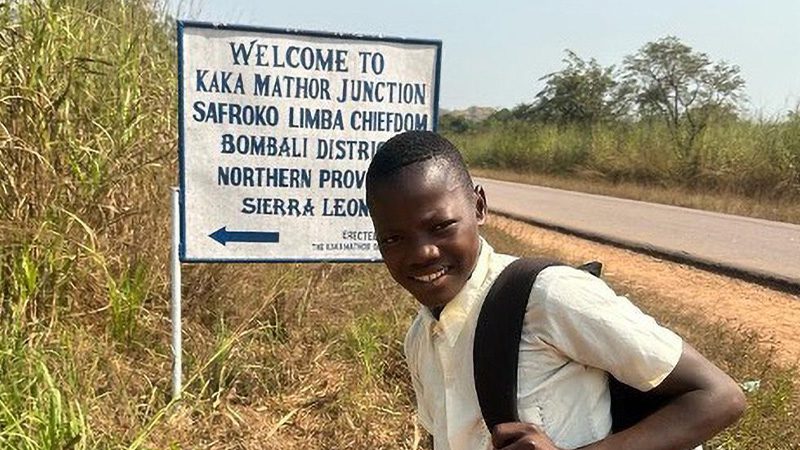
Sierra Leone’s Fight Against Lymphatic Filariasis: Progress, Challenges, and Hope
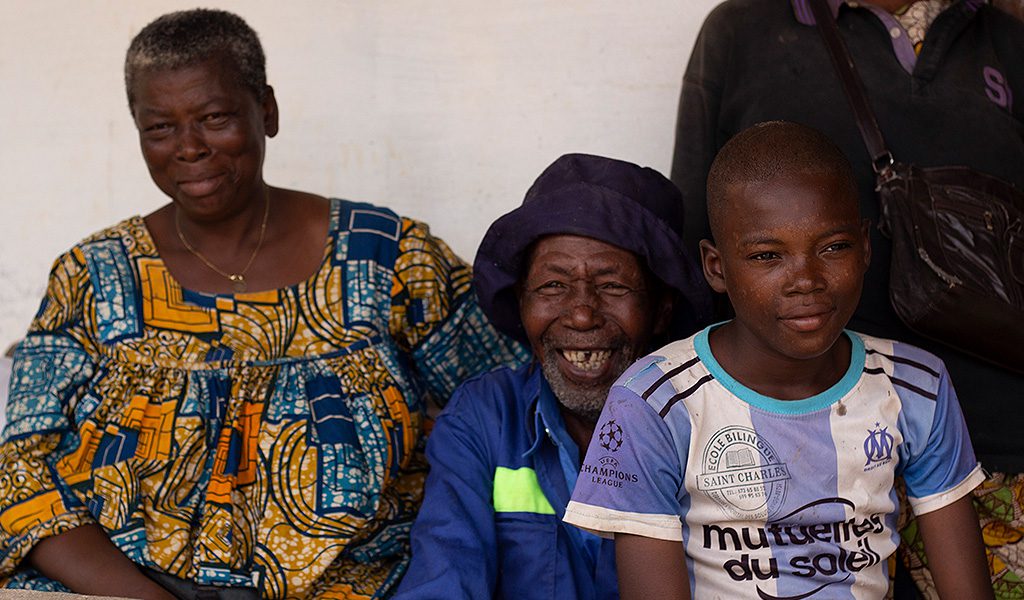
Protecting a Community from Onchocerciasis

Speaking Technically: Investing in the Fight Against Neglected Tropical Diseases

Sierra Leone Poised for Liberation from “Bigfut”
Science and Evidence Drive our Work
We use evidence-based approaches across our programming. Helen Keller prioritizes the dissemination of research and best practices related to the implementation of mass drug administration, disease-specific assessment surveys, and social science research. To learn more, visit our Resources page.
